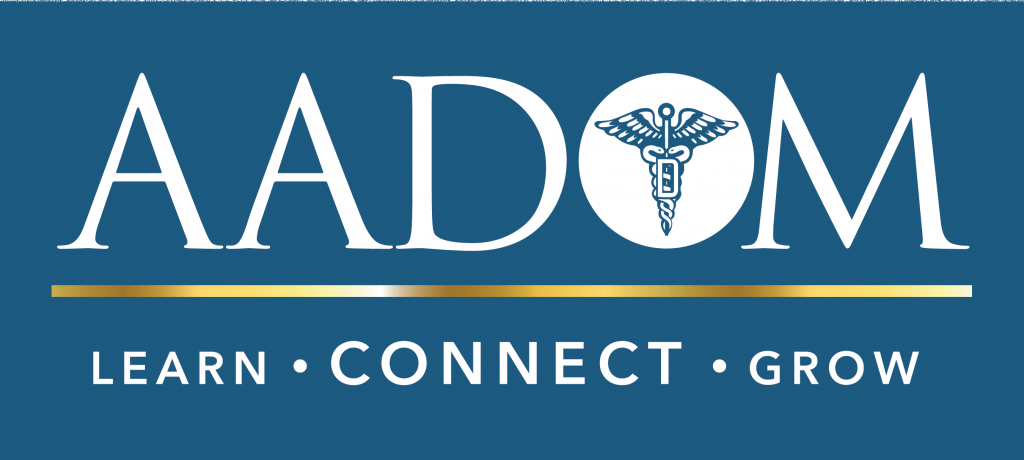Importance of Routine Dental Check-up
As the saying goes, “the mouth is the gateway to the whole body” and me being a dentist, cannot agree more. The moment a patient sits on the dental chair and opens his mouth, a dentist do not only detect the oral cavity issues that you are facing but can also easily pinpoint the unknown systemic illness in the body.
Source – NearSay
Oral cavity plays a cardinal role in evaluating the overall health condition of an individual. Most of the systematic diseases have their characteristic oral manifestations which are visible in the mouth even before any signs or symptoms are seen in the body; making it absolutely important to have regular dental check-ups.
Why is it important to visit your dentist for a routine check-up every six months?
The major points that are covered during a regular dental check-up are–
1. Check-up helps in evaluating oral hygiene. Hard deposits, called calculus and soft deposits, plaque, can be very harmful for the gingival health leading to inflammation of gingiva or gingivitis, which can further harm the underlying bone and periodontium, leading to periodontitis, which eventually causes tooth loss.
2. Your mouth can be a guide to what’s going on inside your body. The ulcers are a good sign that wants to tell you something is wrong, for example ulcers can be stress induced in teenagers, or a patient complaining of dry mouth for a very long time can be a sign of diabetes. Deficiencies of vitamins and minerals can be seen on tongue in the form of white coating.
3. A check-up can help in detecting caries at a very initial stage and stop its progression then and there. Sometimes abnormality in the tooth can lead to very deep pit and fissures or in layman terms, depression, which can serve as food lodgement areas. Timely detection of these can lead to filling them with an appropriate filling material and preventing caries development.
4. Eruption status of primary and permanent teeth can be evaluated during routine dental check-up in children. If there is any delay in eruption of teeth, a dentist can interfere at the right time and remove the cause for delay.
5. In children, check-ups can also help in evaluating whether the erupting permanent teeth are on their correct course of eruption and at correct position.
What all is evaluated during a regular dental visit?
A set pattern is followed during a dental evaluation, which is as follows –
1. Medical and Dental history
A brief medical history is important so as to know beforehand what a dentist can expect in the mouth and also to take necessary precautions while treatment planning.
A dental history tells about what past experience you had while you visited a dentist and please be very honest with your histories as it will really be helpful for your dentist.
2. Habits
If you have any ill-habits such as tobacco chewing or smoking, that will eventually lead to deterioration of your oral health and with time your systemic health, inform your dentist, so that you can be guided on how to get rid of these at the earliest.
These chronic ill-habits can lead to any type of oral cancers and believe me, oral cancers are nasty and bring along multiple issues for you and your family
3. Hard tissue examination
Hard tissues in your oral cavity are teeth. A dentist will look for cavities in every nook and corner of the mouth and if needed can advise you restorations or root canal treatment followed by a crown, depending on the condition of the tooth
Your teeth will also be evaluated for non-carious lesions such as attrition, abrasion, abfraction and erosion, lesions which are not carious. These lesions are equally harmful as they can cause sensitivity, decreased efficiency in chewing.
Cervical abrasion is loss of tooth structure on the brushing surface, so avoid using hard bristle brush and brush with less force.
Attrition is a condition where the chewing surface is lost because of clenching or ill-habits such as tobacco chewing.
Another important evaluation is evaluation of deposits, viz, calculus and plaques. There accumulation can lead to swelling of gingiva, so cleaning also called as scaling in dentist terminology is very important.
4. Soft tissue examination
Soft tissues in the oral cavity includes buccal and labial mucosa, palate, tongue, gums. Examination is done to check ulcers or any other abnormality like swelling of gums because of deposits.
How can we at Todays dental help you?
We at Todays Dental, are always there to provide you with the best of our services and accurate information on what your teeth needs. Give us a chance to serve you with our services and we assure you that you will step out of the clinic with a wonderful experience.
For more information please Contact our Dentist in Bowie.





